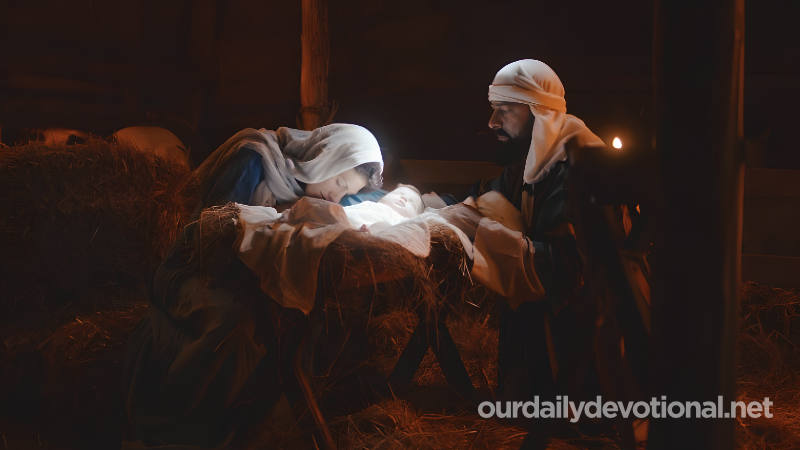"little sun".
One of the most prominent Israelite judges. The son of a Danite named Manoah, he was born in Zorah, a town in the southern territory of Dan. The angel of Jehovah predicted the birth of Samson, and announced that he would free Israel from the Philistine yoke.
A Nazirite from his birth, Samson was not to drink wine or any other type of fermented drink, and was not to draw a razor on his head. While he observed the Nazirite vow, Samson was victorious over the Philistines (Judg. 13:1-24).
Judah and Dan, separated from the other tribes by geographical difficulties, especially the fact that the Jebusites dominated the city of Jebus (Jerusalem), were exposed to Philistine attacks. Judah, isolated, could only respond with guerrilla counterattacks. The Spirit of God soon began to manifest itself in Samson in the fields of Dan (Judg. 13:25).
Samson, in love with a Philistine woman from Timnath, married her, but she was soon given by her father to another man. Then the son of Manoah seized three hundred foxes, and tied them two by two by the tail, also tying a burning brand between each two tails, and then releasing them into the harvest of the Philistines (Judg. 14:1-15: 5).
These invaded the land of Judah, and demanded that Samson be handed over to them; He allowed himself to be bound by the men of Judah, who did not know that they were binding his future liberator. Suddenly animated by the Spirit of the Lord, the Nazarite broke the ropes at the moment when he was going to be handed over to the uncircumcised.
Taking hold of a donkey's jawbone, he pursued the Philistines, killing a thousand of them. Samson, burning with thirst, proclaimed that this deliverance came from Jehovah, whom he begged to give him water. God then caused water to flow from the cavity of a rock.
The men of Judah thereafter considered Samson as their liberator (Judg. 15:6-20). He went to Gaza, and fell into sin there. The people of the city closed the gates to seize Samson.
At midnight he left the city, having torn out the gates of the wall, with its two pillars and bolt, leaving everything on the top of the mountain that is in front of Hebron (Judg. 16: 1-3).
His relationship with Delilah, the Philistine wife of Sorec, lost him. Instigated by the Philistine princes, she urged Samson to reveal to her the secret of his strength.
At first he answered her with lies, but finally he revealed to her that if his hair was cut, he would lose his vigor and be like all other men. Delilah sold her secret to the Philistines.
They cut her hair while she was sleeping and caught it easily. Gouging out his eyes, they took him to the Gaza prison to turn a millstone. During a great festival in the temple of Dagon, god of the Philistines, Samson was taken there to show him as a spectacle to the crowd.
His hair had grown back. The interior of the great building was full of Philistines, and there were about three thousand people on its terrace. Having been to Gaza before he lost his sight, Samson knew the building.
He then asked the young guide who was leading him to let him lean on the two central columns that supported the roof. He then prayed to Jehovah, and, violently pushing the two columns, one with each hand, caused them to fall, causing the entire house to collapse. Samson died along with a large number of Philistines (Judg. 16:1-31). Despite his moral weaknesses, he ranks among the heroes of the faith (Heb. 11:32).
Samson was endowed with supernatural strength. When the Spirit of the Lord moved him, he accomplished great deeds. His strength lay not in his hair, but in his consecration to the Lord, of which they were the symbol.
When Samson had violated his consecration to the Lord, he did not have the moral strength to keep his hair. Upon losing his testimony, the Lord abandoned him. His strength was restored to him in response to the prayer he spoke.
This supernatural power testified to the men of Judah that God had called this Nazirite to be their liberator from the Philistines, who felt in their flesh the superiority of the servant of Jehovah.
There are critics who have wanted to see in this story one of the legends that they try to discover in the Bible. But it is certain that the ancient Hebrews considered Samson as a real person, belonging to the history before Samuel and Saul.
The biblical account gives precise details about the situation of his hometown, his family, his exploits, and the place where he was buried. Samson's entire life is a great spiritual story, as an example that should not be followed of an extraordinarily gifted man who nevertheless plays with sin and with the patience of God.
At the moment when he imagines, full of presumption, “This time I will go out like the other times and escape,” “he did not know that the Lord had already departed from him” (Judg. 16:20).
From a slave to his passions he became a slave to his enemies until his death; He lost those eyes that had not been able to see clearly. At the last moment, however, he returned to the favor of God, who answered his prayer.
However, his prayer betrays that he was not in full communion with God, because he was more desirous of revenge for having lost his eyes than to desire to vindicate the name of Jehovah against Dagon (Judg. 16:28).
What a solemn warning! It must be noted that other men of the OT received in exceptional circumstances the strength to carry out feats analogous to those of Samson: Jonathan and his armor bearer, the young shepherd David killing a lion and a bear, Eleazar, Shammah and Abishai ( 1 Sam. 14:1-17; 17:34; 2 Sam. 23:9-12, 18).
Meaning of SAMSON
"little sun".
One of the most prominent Israelite judges. The son of a Danite named Manoah, he was born in Zorah, a town in the southern territory of Dan.







